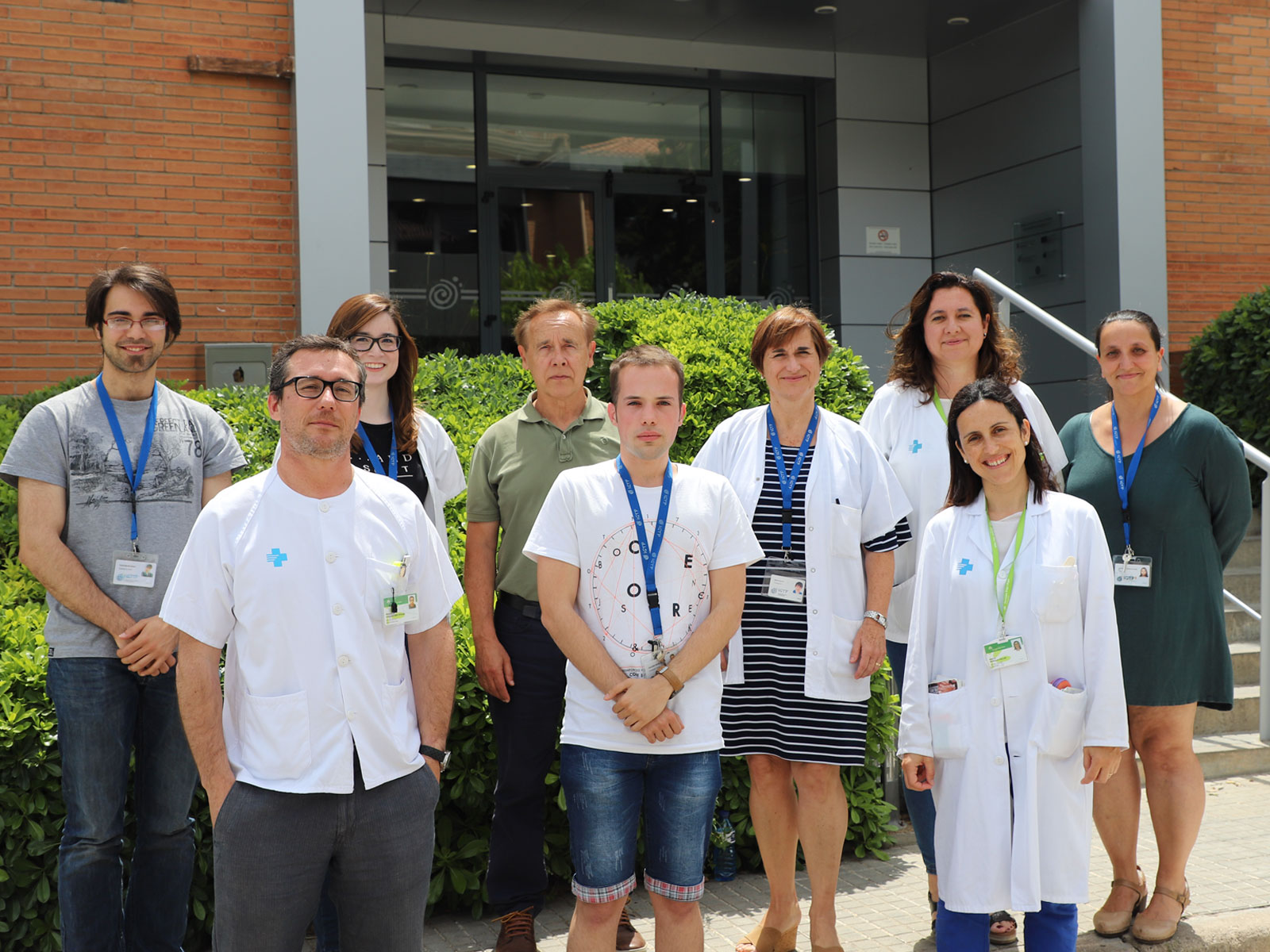New data on the immune system behaviour in paediatric patients with type 1 diabetes

Researchers at the IGTP and Germans Trias Hospital have published new research in Frontiers in Immunology on the behaviour of dendritic cells (DC) during the development of type 1 diabetes (T1D) in children. These cells are involved in both the destruction of beta cells in T1D and the regulation of the immune response. This paper fills an important gap in knowledge about the disease in children.
Researchers from the Immunology of Diabetes Group, led by Marta Vives-Pi, at the IGTP and medical staff from the Germans Trias Hospital, members of the Spanish Biomedical Network for Diabetes and Associated Metabolic Diseases (CIBERDEM), have published new research in Frontiers in Immunology on the behaviour of dendritic cells (DCs) during the development of type 1 diabetes (T1D) in children. During the onset of T1D the insulin-producing beta cells in the pancreas die and, like all dying cells in the body, are rapidly consumed and disposed of by specialized cells, including DCs, in a process called phagocytosis, which literally means cell-eating. Under normal conditions when phagocytosis of dying beta cells takes place it also has other biological advantages, such as conferring self-tolerance, avoiding the destruction of the body's own cells as happens in autoimmune diseases. When there are deficiencies in this process the dying cells alert the immune system by danger signals triggering inflammation and autoimmunity.
Studies have been published on the behaviour of DCs in the mouse model of T1D and in adult patients, but not in children. T1D is particularly aggressive in children, who are undergoing growth and hormonal changes and can suffer severe changes in blood sugar levels during the onset of the disease, which in itself affects the abilities of the DCs to carry out phagocytosis effectively, creating a vicious circle.
This study has been funded by the Instituto de Salud Carlos III (Spanish Ministry of Science and by the Government of Catalonia (AGAUR). Additionally funding comes from the DiabetesCero Foundation, which has a particular interest in research into T1D in children.
"Since T1D in children is often more complicated to manage and severe imbalances in blood sugar could impair DCs functionality, our aim was to explore the features of DCs from paediatric patients with T1D", explains Silvia Rodríguez-Fernandez, who led the study. More data about the paediatric immune system are needed to be able to develop future immunotherapies for T1D".
In this study researchers compared DCs from blood samples from paediatric T1D patients at several stages of the disease and also with samples from healthy children. Additionally they tested the ability of DCs to carry out phagocytosis of particles mimicking dying cells and how this affected their ability to prevent the autoimmune response.
"We have found alterations in some types of DCs in the blood of patients with T1D," says Vives-Pi. "Also that as T1D progresses in children, the accumulation of imbalances in blood sugar over time probably decreases the DCs phagocytic capacity, although their ability to induce tolerance could still function optimally"
Although further studies are needed, these results could provide useful data in order to follow up on patients and would also be useful to classify children for immunotherapy clinical trials, since these techniques could provide information about the immunological status of the patients' DCs and their ability to promote a tolerogenic response.
Original Article
Front. Immunol., 28 November 2019 ' https://doi.org/10.3389/fimmu.2019.02811
Silvia Rodriguez-Fernandez, Marta Murillo, Adrian Villalba, David Perna-Barrull, Mary Cano-Sarabia, Laia Gomez-Muñoz, Eva Aguilera, Daniel Maspoch, Federico Vazquez, Joan Bel and Marta Vives-Pi,*
